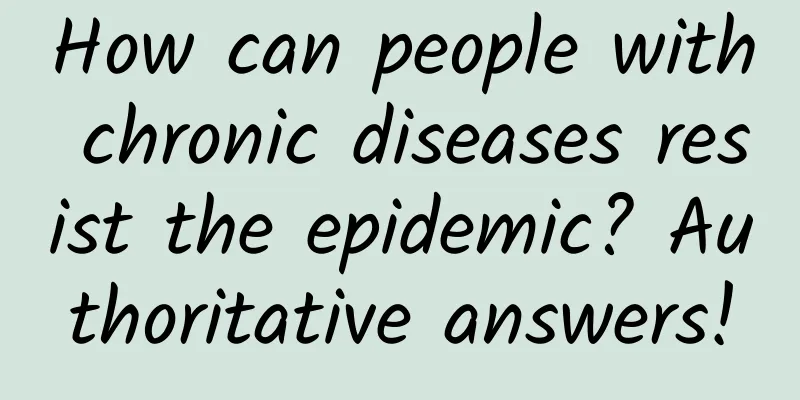Will the iron supplements my mother take pass into her breast milk?

|
New mothers may feel very weak after giving birth. If women do not supplement iron in time, they will experience symptoms such as irregular menstruation, hair loss, pale complexion, etc. Therefore, women should supplement iron in time after giving birth. The iron supplemented by the mother will enter the breast milk, but the amount that can enter the breast milk is relatively small. The baby's iron deficiency will lead to a decline in the immune system, so iron supplementation is needed in time. 1. Iron is a component of hemoglobin, myoglobin, cytochrome, enzymes and various oxidases. It is an important element for supplying fetal blood and tissue cells. It is closely related to the transport of oxygen in the blood and the biological oxidation process in cells. 2. After pregnancy, the body's original reserve is insufficient, and the body's demand for iron increases day by day. However, at the same time, the absorption rate of iron is relatively low. Therefore, women's need for iron during pregnancy will increase significantly. Generally speaking, if the hemoglobin of a pregnant woman is lower than 10 g/L and the red blood cells are less than 3.5 million per cubic millimeter, she is considered anemic. If the iron intake is insufficient, it will cause iron deficiency anemia, weaken the body's resistance, and seriously affect the growth and development of the fetus. Iron deficiency anemia is the most common anemia during pregnancy, usually starting from the 5th to 6th month of pregnancy. Iron deficiency anemia mostly occurs in special circumstances where the demand for iron increases but the supply cannot be met, and pregnancy is one of them. In the late pregnancy, the blood volume increases by about 1300 ml, the blood is diluted, and the hemoglobin in the red blood cells is relatively reduced, which is the main cause of anemia during pregnancy. Many expectant mothers lose blood during menstruation before pregnancy, resulting in insufficient body storage after pregnancy. The development of the placenta and fetus requires an increase in blood volume, so the iron supply must be twice that before pregnancy. In addition, the stomach acid of expectant mothers decreases after pregnancy, which also affects the absorption of iron in the diet. If the mother fails to take in enough iron through the diet after pregnancy, she is more likely to develop iron deficiency anemia. |
<<: Can I eat donkey-hide gelatin dates during menstruation?
>>: Why can't pregnant women eat aloe vera?
Recommend
Clinical significance of elevated fibrinogen in pregnant women
Fibrinogen is an indicator of our body's grow...
Is it worth it to stay slim in old age? Beware of sarcopenia in the elderly!
Sarcopenia refers to the aging-related decline in...
The blue veins on the palm of a woman's hand are very obvious
It is said that hands are a person’s second face,...
Can pregnant women eat cloves?
For pregnant women, who have a fragile physical c...
What are the symptoms of hyperthyroidism during pregnancy
Hyperthyroidism will mainly manifest as hyperthyr...
What are the side effects of gynecological gel
As we all know, gynecological diseases have alway...
Google: 3 billion Android-powered devices worldwide
Google's Android operating system is now runn...
What should I do if I have menstrual pain all over my body?
If some women have health problems, they need to ...
Fetal weight calculator
If the pregnant mother compares the baby's we...
How long does it take for the uterus to return to normal after a normal birth?
After ten months of pregnancy, giving birth to a ...
White particles like acne on the vulva
My health is usually pretty good, and I don't...
What to do if the embryo has no germ
After becoming pregnant, women must pay attention...
How to prevent and treat Alzheimer's disease and Parkinson's disease
As the global population ages, the incidence of n...
How to relieve headaches during menstruation
Some women not only experience dysmenorrhea durin...
What to do if a pregnant woman gets cold and has diarrhea
There are many reasons for diarrhea, such as: eat...









